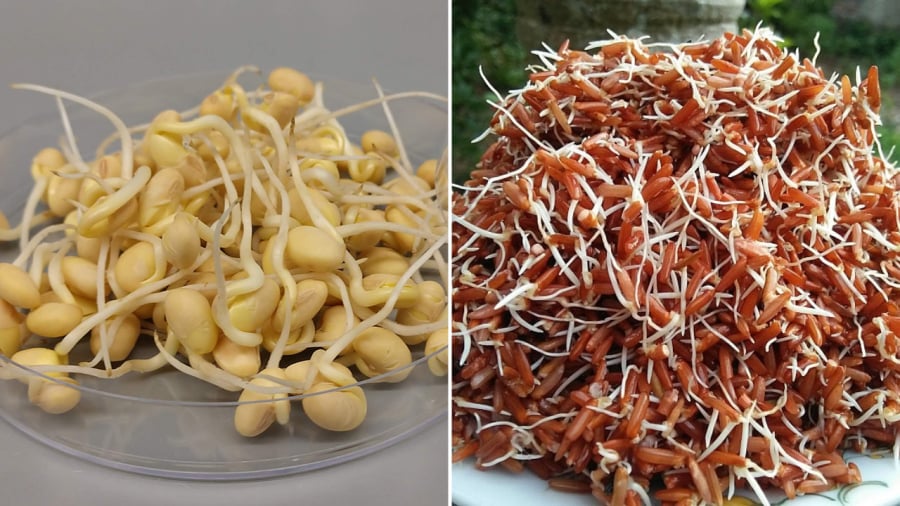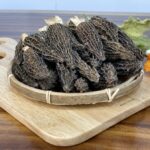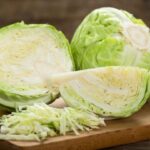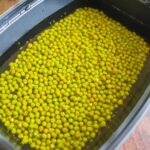Soybeans and Mung Beans: Unlocking Nutrition Through Sprouting
Sprouting soybeans and mung beans unlocks a wealth of nutritional benefits. These familiar legumes undergo a transformation during sprouting, enhancing their nutritional profile. Before sprouting, 100 grams of these beans provide 0.35g of free amino acids. However, after just one day of sprouting, this number climbs to 0.5g, and by the fifth day, it reaches an impressive 1.5g.
In addition to this amino acid boost, the plant-based protein content increases significantly, while some less absorbable proteins decrease. There’s also a notable surge in vitamins C and E, offering enhanced nutritional value.
Soybean sprouts contain isoflavones, beneficial for female hormones, and riboflavin, a potent anti-aging and anti-inflammatory agent.

Sprouted foods, such as soybeans and brown rice, offer enhanced nutritional value and numerous health benefits.
Brown Rice Sprouts: A Nutritional Powerhouse
Brown rice sprouts take the nutritional benefits of brown rice to the next level. During sprouting, enzymes like amylase, protease, and oxidoreductase become activated, enriching the rice with additional nutrients. This process also makes the nutrients in brown rice sprouts easier to digest and absorb.
Brown rice sprouts are a rich source of vitamins A, B, E, niacin, and pantothenic acid, as well as minerals like calcium and magnesium. Phytase, an enzyme present in the sprouts, breaks down phytic acid, enhancing the body’s absorption of these essential nutrients.
Garlic Sprouts: A Nutritional Surprise
Garlic sprouts offer a nutritional boost over regular garlic. They are completely non-toxic and can be used liberally in cooking. Garlic sprouts are packed with antioxidants, fighting aging and disease. They also contain ample fiber, vitamins A and C, and carotene, offering a range of health benefits. Incorporating garlic sprouts into your diet boosts the body’s antibacterial and anti-inflammatory capabilities. Just ensure that the sprouts are mold-free.
It’s important to note that not all sprouted foods are safe to eat. For instance, sprouted potatoes, ginger, and cassava should be avoided. Additionally, any food showing signs of mold or spoilage should not be consumed.
3 Sprouted Veggies You Shouldn’t Toss Out, and 3 You Should Avoid for Your Health’s Sake
“Unsprouted and freshly sprouted: a delicate dichotomy. Some vegetables are best enjoyed unsprouted, while others transform into nutritional powerhouses when allowed to sprout. This guide will unveil the mysteries of sprouted vegetables, highlighting those worth savoring and those that should be cast aside.”



































